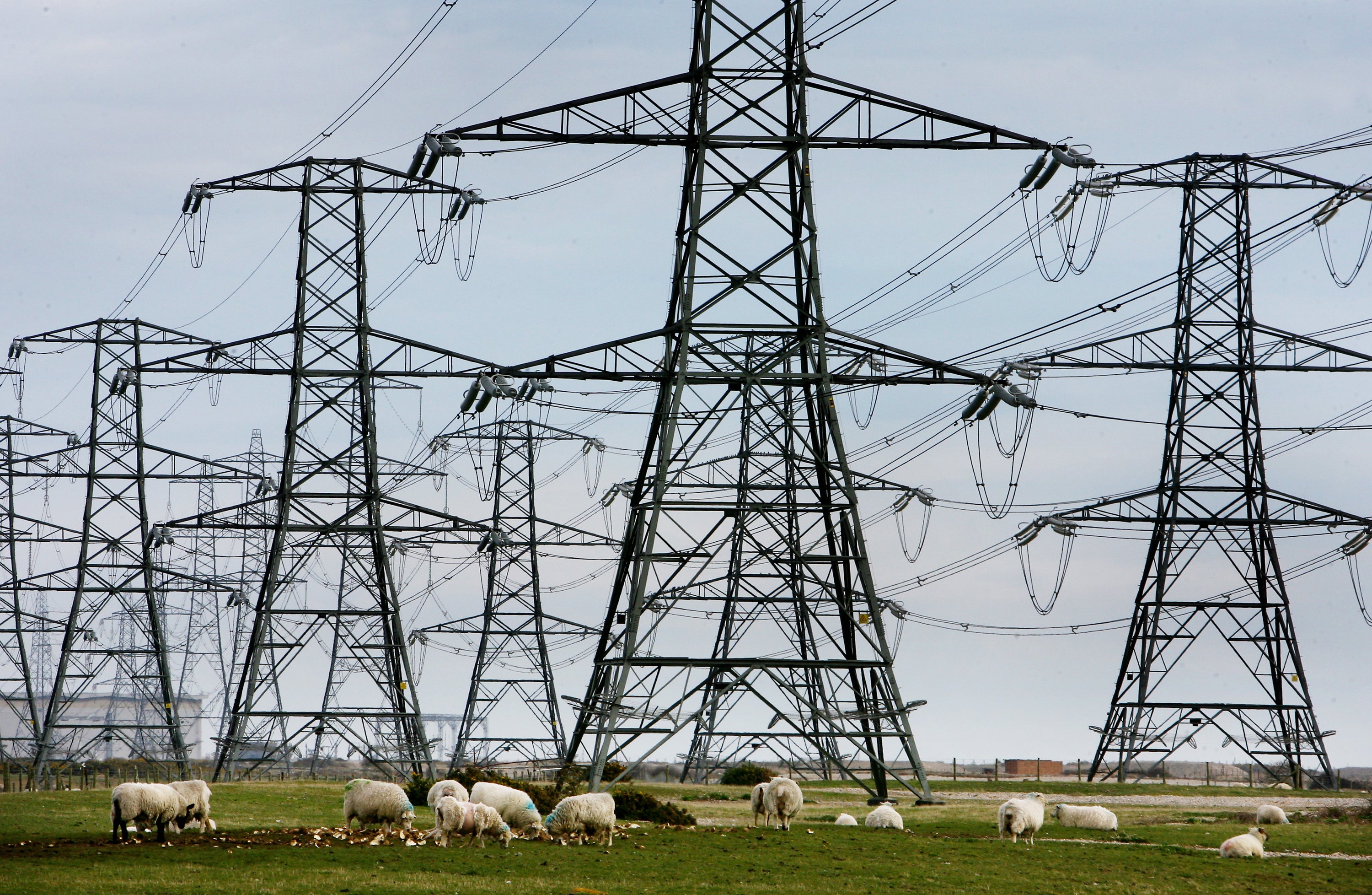Government to buy part of National Grid to help meet climate targets
The new Future Systems Operator will oversee Britain’s energy system.

The Government will bring part of National Grid back into public ownership to set up a new authority tasked with helping Britain reach its climate targets.
National Grid will sell its Electricity System Operator (ESO) arm to the Government, the sides announced on Wednesday.
The nationalised unit will then be folded into a new Future System Operator (FSO), an authority responsible for overseeing Britain’s electricity systems.
Jonathan Brearley, chief executive of energy regulator Ofgem, said: “A fully independent system operator will help to transform Great Britain’s energy system and cut customers’ energy bills.
“Critically, the FSO will ensure that we will build a smart, efficient and flexible system that will mean that Britain moves to a secure, low-carbon and low-cost system.”
The FSO will also take over some of National Grid’s gas functions. It will work with energy suppliers and networks to ensure the electricity system is balanced and that there is enough supply for households and businesses.
The Government did not reveal how much it would cost to renationalise the unit, simply saying National Grid will be “appropriately compensated” for the parts of its business moved to the new authority. The final deal is yet to be agreed.
Britain faces a huge challenge to stop emitting carbon. But as progress is made, cars will increasingly become electric and gas boilers will slowly be replaced by heat pumps.
This will need a lot of extra electricity.
Not only will this require wind turbines and other technology to make the extra electricity, the wires that carry the electricity will also need to be up to the task.
The new authority will oversee new projects and help integrate them into the network.
It will deal with everything from electricity and gas to carbon capture and offshore wind networks.
National Grid boss John Pettigrew said: “We have been working closely with Government, industry and the regulator to create a Future System Operator that enables long-term holistic thinking, drives progress towards net-zero, and lays the foundations for the regulatory reform necessary to deliver a clean, fair and affordable energy transition.”
The ESO is owned by National Grid, but was legally separated from the company in 2019 to avoid conflicts of interest.
It employs around 1,000 people. No job losses are expected as part of the purchase.
ESO executive director Fintan Slye said: “We warmly welcome today’s announcement that the ESO will be at the heart of the system operator of the future.
“Building on our track record and skills as a world leading system operator, together with industry and Government and regulators we will help deliver an affordable, reliable and clean transition for all.”
David Smith, chief executive of the Energy Networks Association, said: “Co-ordination and co-operation across electricity and gas transmission and distribution networks, as well as all other players in the energy sector, will allow us to make even greater strides towards decarbonising effectively and efficiently.”
The Government is expected to announce its new energy strategy on Thursday, which comes in the wake of the Russian invasion of Ukraine.
On Wednesday it said it would back a £400 million loan to technology company Johnson Matthey to help it develop new hydrogen technology which could help heat homes and drive lorries.